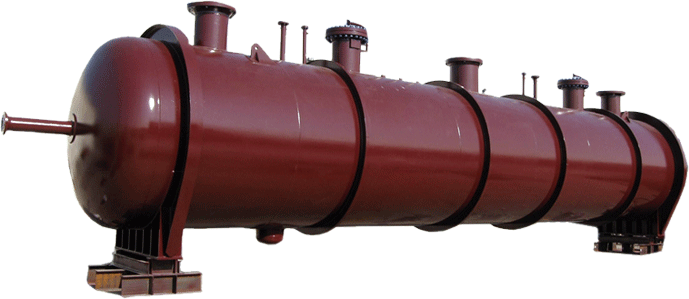The United States Department of Labor states that a pressure vessel is a "storage tank or vessel that has been designed to operate at pressures above 15psig." High pressure vessels are ones that are designed to hold liquids or gases at even higher pressures than regular pressure vessels or autoclaves. They need to be manufactured according to the most stringent codes so as to ensure the safety of personnel and other equipment at a site or facility.
Some common examples of materials that are contained in such vessels include ammonia, oxygen, compressed air, natural gas, a variety of chemicals, and so on. These are some examples of materials that can only be safely stored when they are pressurized. There are a number of manufacturers. However, the question is not about finding a manufacturer. It is about finding the very best manufacturer so that you can be assured of the safety of your people and processes.
Any negligence while procuring high pressure vessels could mean putting your entire factory or plant in jeopardy. Industrial accidents such as explosions, leakages, and bursts are caused due to pressure undetected faults in pressure vessels.
There are three determining factors to take into consideration when procuring these high pressure units. These are:
Engineering code compliance: Codes such as ASME and ASTM need to be stringently followed. There are separate ASME codes that regulate the manufacture, testing, and repairs of vessels. These need to be completely adhered to at all stages. If you don't see the ASME stamp, you should not invest in it. Other stamps that are important on these vessels are the U, U2 and U3 codes. This is an indication that they have been manufactured to exacting specifications.
Pressure ratings: The pressure rating is the most important part of operating a pressure vessel. When you place an order for a unit, you need to specify the range that the unit is likely to be subjected to. It is important to completely customize the pressure ratings because typically, no two processes are alike. The pressure should neither be too low, nor should it be too high.
Material usage: Much of the reliability quotient of high pressure vessels stems from their material of construction. It is obvious that the usage of high quality stainless steel will reduce the chances of deterioration and corrosion. The thickness of the housing materials has to be proportionate to the pressure levels. High pressure vessels are likely going to be subjected to vibration, corrosion, high temperatures, and so on. The material of construction needs to withstand all of these factors without affecting the performance
Ultimately, it is important to purchase these units from reputable manufacturers that can offer you standard as well as customized options.
No comments:
Post a Comment